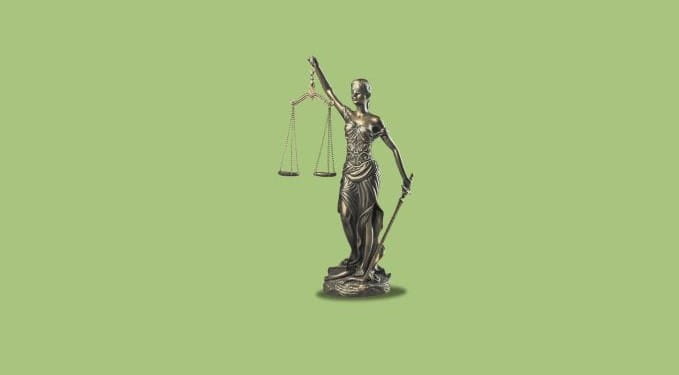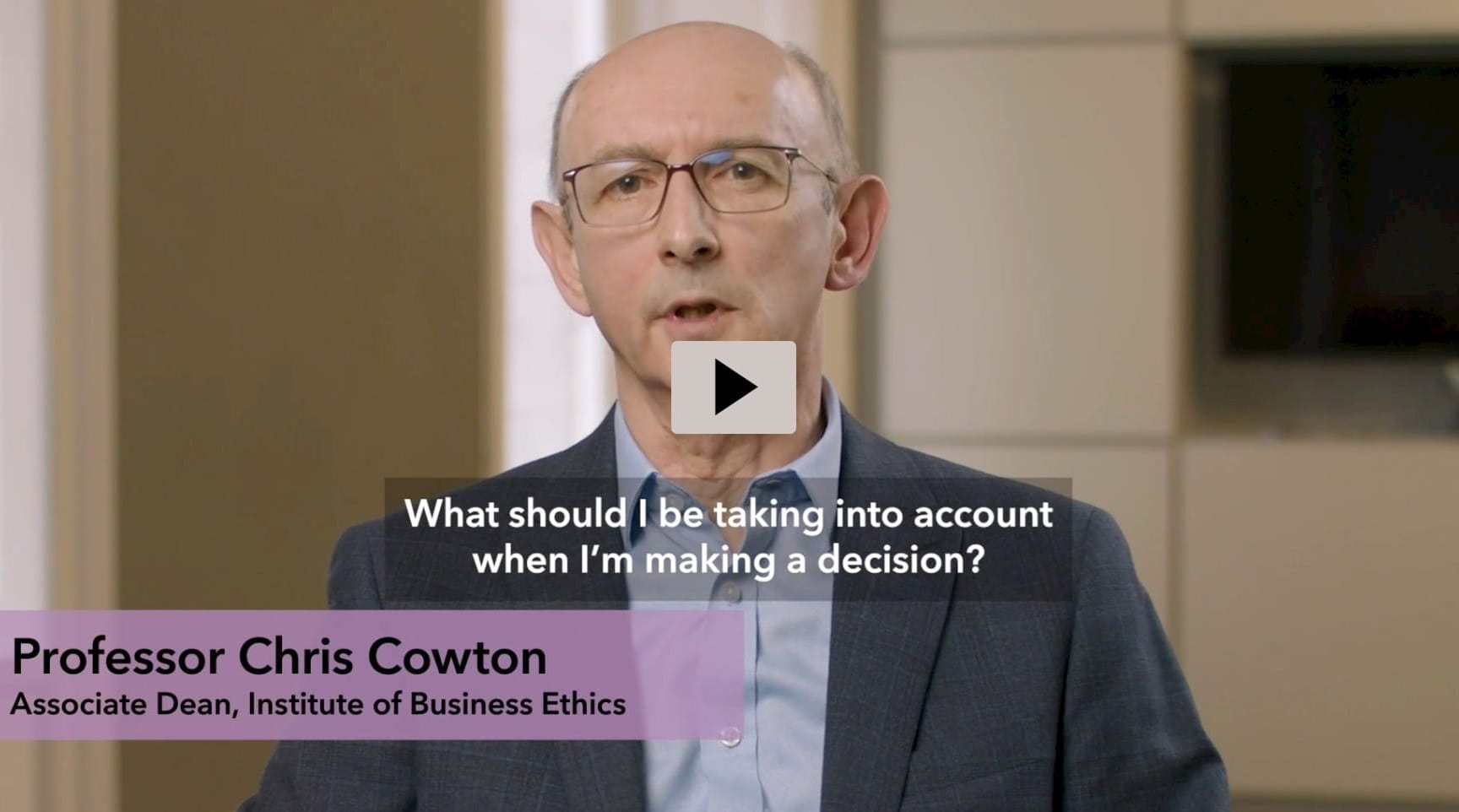Harshika Patel started her career in the UK at Deloitte before moving to the banking sector. She started at Barclays in London before moving to Singapore and then on to Hong Kong, where she is now the Hong Kong CEO of a major international bank.
Her ethical ethos stems from her upbringing. “From very early on, getting the boundaries right between right and wrong was very important to me. As a Hindu, I have that overlay of karma, which is always good to keep you in check.”
With that highly ethical background, going into accountancy, where ethics underpins the nature of the role, is a natural fit. “It is a very ethical profession to be a part of. There have been some high profile scandals – Barings, Enron, for example – that emanated from inappropriate behaviour, which further reinforced the importance of the role that accountants play to ensure that ethical practices are being enforced.”
Now, 30 years into her professional career, Patel has witnessed numerous occasions where Karma has caught up with people. “We’ve all seen it time and again; that’s always been my guiding principle.”
Leading from the top
Organisations have a key role to play by implementing systems and frameworks that constantly remind people of ethical standards and what happens when things go wrong, including examples of what will happen if someone is found to have not been following those standards.
“The tone has to be set from the top. There needs to be some guardrails, which hold people to account. Visible bad actors need to be called out. The more an organisation applauds and rewards ethical behaviour while calling out bad actors, the more the system starts to gain good momentum.”
The highly regulated nature of the banking sector lends power to those guardrails. The consequences of taking advantage of a client or offering bad advice to your personal gain is potentially a prison sentence and a fine for the organisation. At Patel’s current firm, employees have to use approved communication channels to speak to clients to ensure that regulators can track what’s being discussed.
It’s also important to have a clear process for whistleblowing that protects the confidentiality of the individual flagging the issue. “It’s also crucial to have a robust investigation process to ensure that any genuine instances of unethical or inappropriate behaviour are dealt with.”
The CFO's role
The role of the CFO has evolved to become more like the conscience of the company, Patel says, as it has moved away from purely that of a financial controller function to something more strategic. “The CFO is often the face of the firm to the outside world, be it investors, auditors or the community at large,” she explains.
“Where the CEO is focused on the top line and what the share price is doing, the CFOs role of being the company’s conscience is a very, very important one. He or she has to keep the rest of the organisation in check to ensure the numbers they're reporting are accurate and whether the kind of business that they're doing is legitimate. When the CFO speaks, they speak from a position of trust.”
While it will change from organisation to organisation, the status of the CFO as the honest voice in the room is understood more and more. The CFO has an important role on investor day calls and client roadshows, for instance.
“The CFO is the one that's often talking to the investors when they're trying to raise additional money. As part of those discussions, he or she has two roles to play. One, to demonstrate why the company is a good investment, and two, that it is controlled well. So the external reliance on the CFO is actually quite significant.”
In 30 years of working, Patel has come across all sorts of different situations where escalating concerns and red flags may have felt uncomfortable at the time. “But as I reflect on the outcomes, it was always the right thing to do.”
Global Ethics Day
Global Ethics Day 2024 focused on using the power of ethics to build a better world. ICAEW examined the vital role ethics must play in the use of technology in accountancy.




